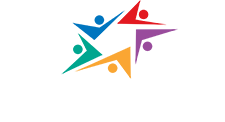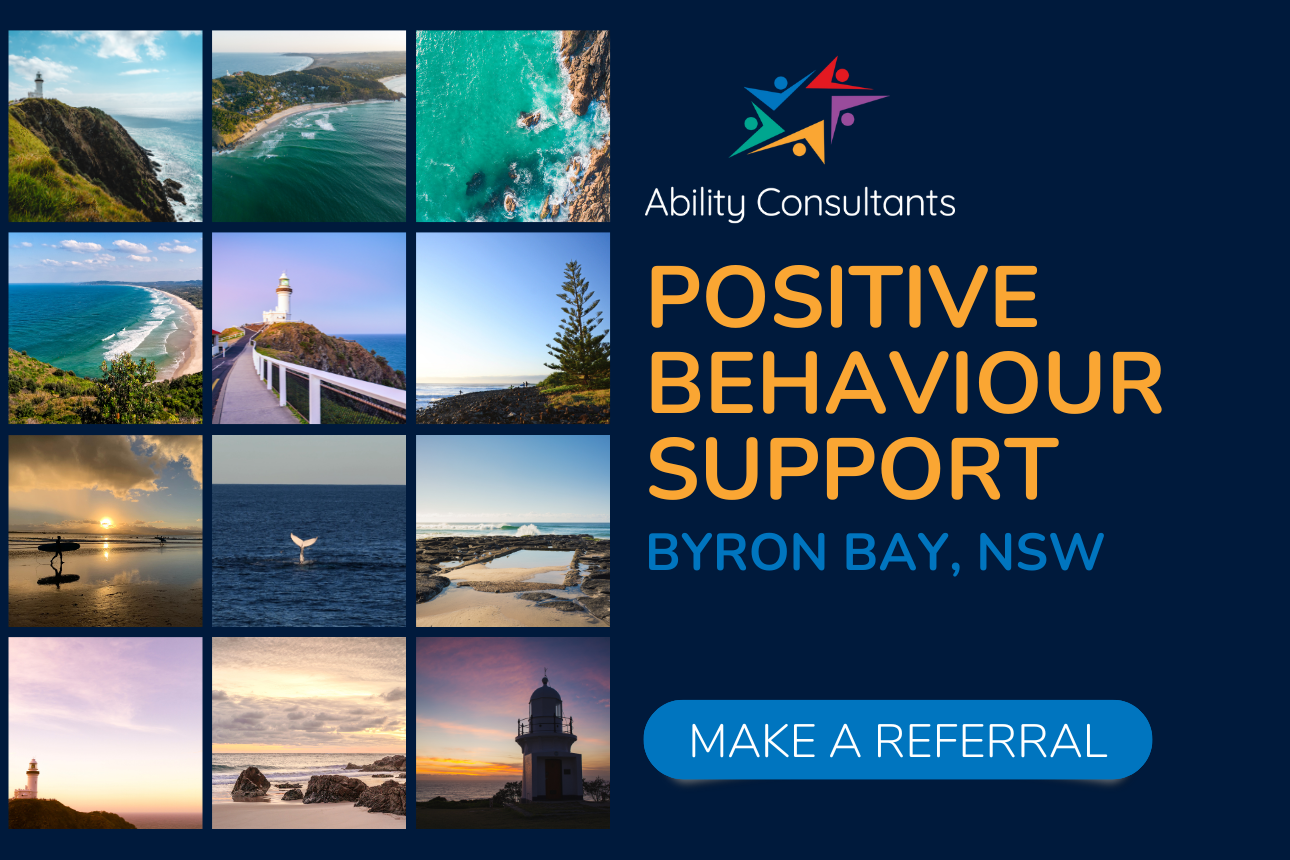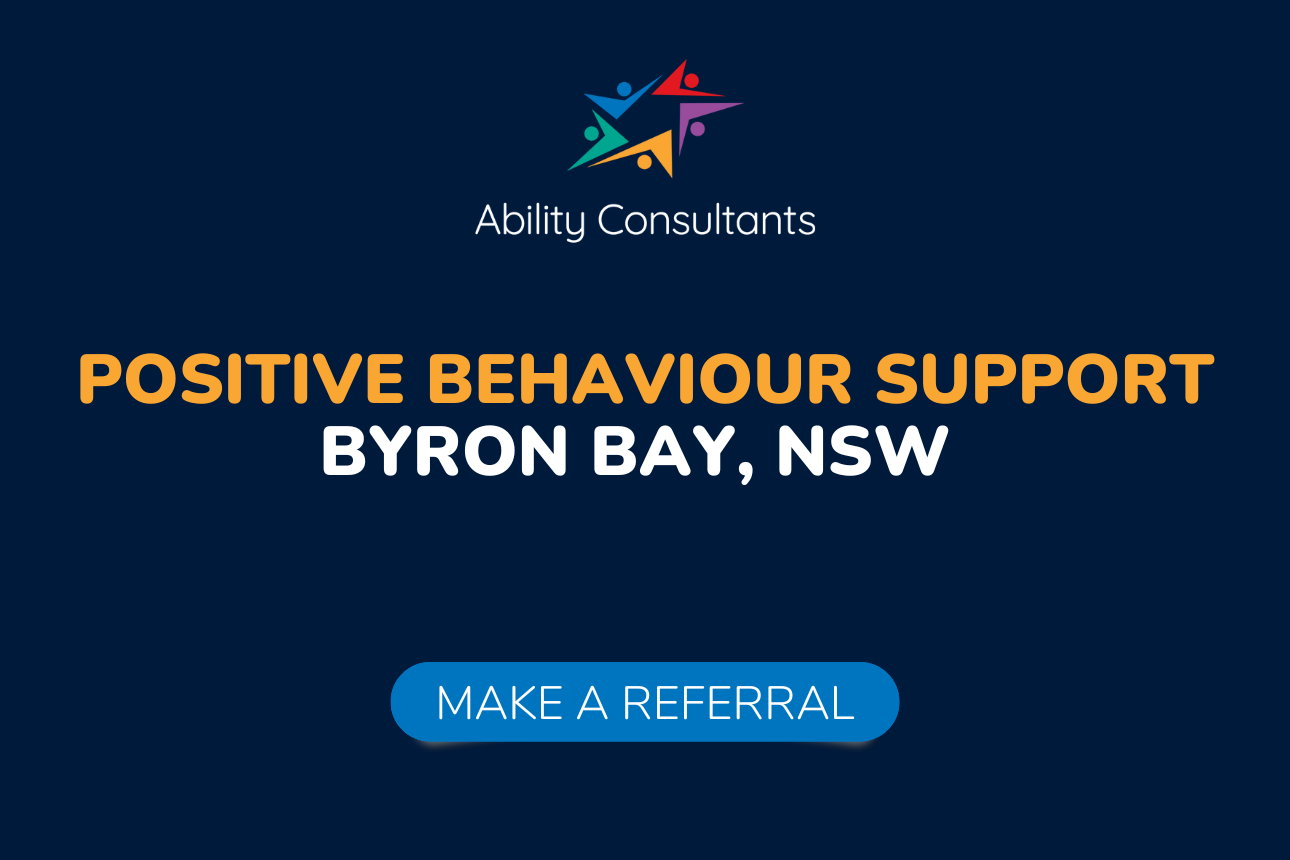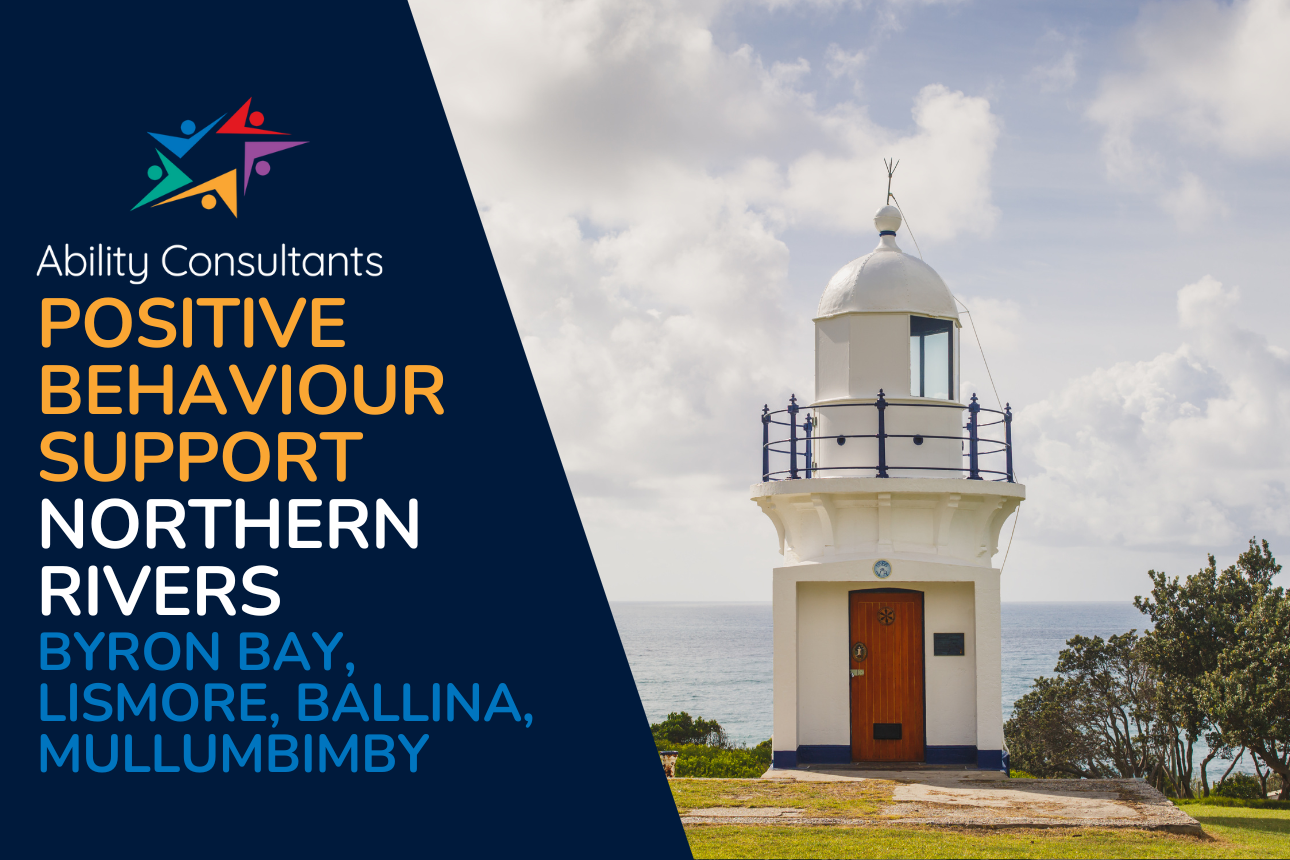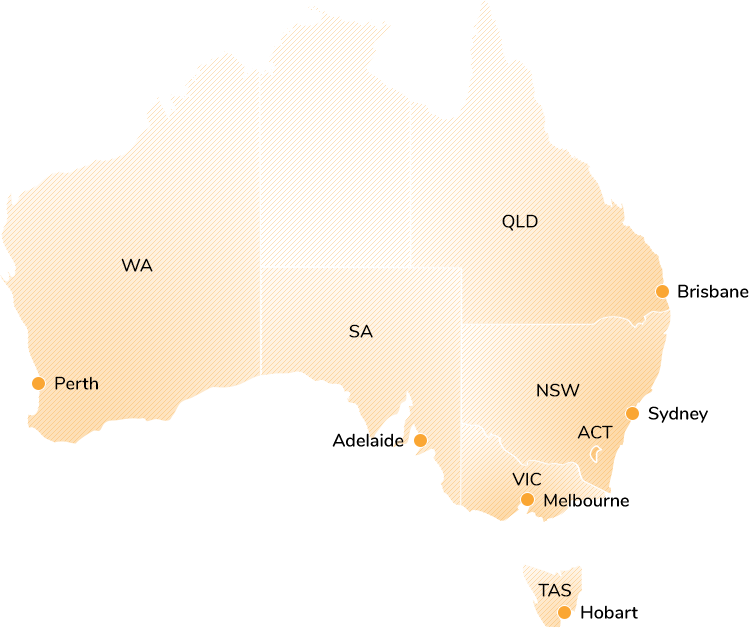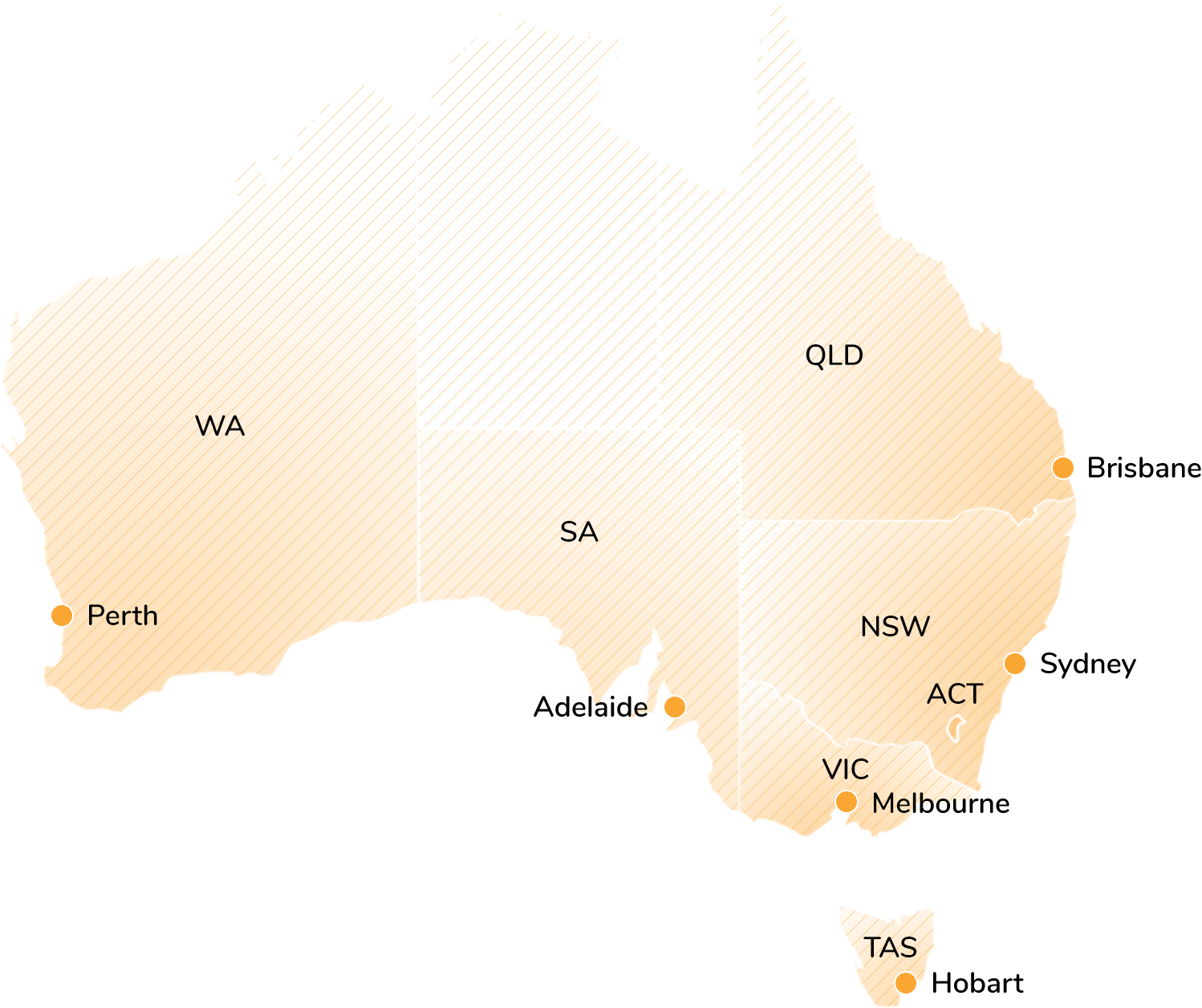Positive Behaviour Support in Byron Bay: Meet Maddy, your local behaviour support practitioner
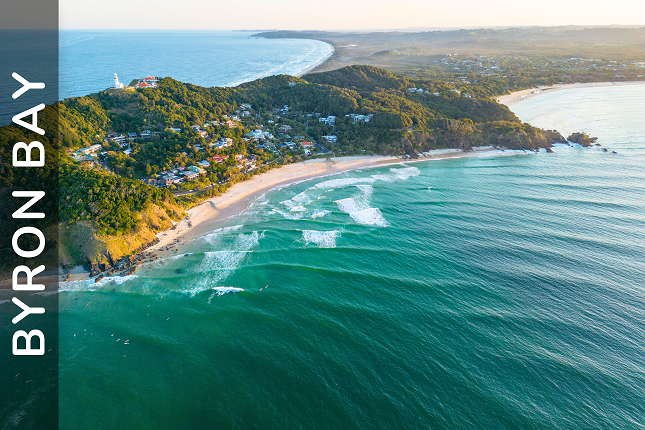
Meet your local Positive Behaviour Support Practitioner in Byron Bay, Madeleine Wilkie-Black. Maddy supports NDIS participants throughout the Northern Rivers of NSW including Byron Bay, Mullumbimby, Lismore, Ballina and surrounds.
Meet Madeleine Wilkie-Black, Behaviour Support Practitioner in Byron Bay, NSW
Hi Maddy, welcome to our Northern Rivers team! Tell us about you!
Thank you! I value living with authenticity and compassion. I love the depth, complexity, and uniqueness of every person I meet, whether through work or in daily life. I’m passionate about learning and am often studying or exploring something new. I value moving through life intentionally with presence, so I can really show up for others in the way I want to. I’m deeply-feeling and action-orientated, sensitive and driven.
I love swimming in the ocean, spending time in nature, playing guitar, singing, dancing, writing, and connecting with people. 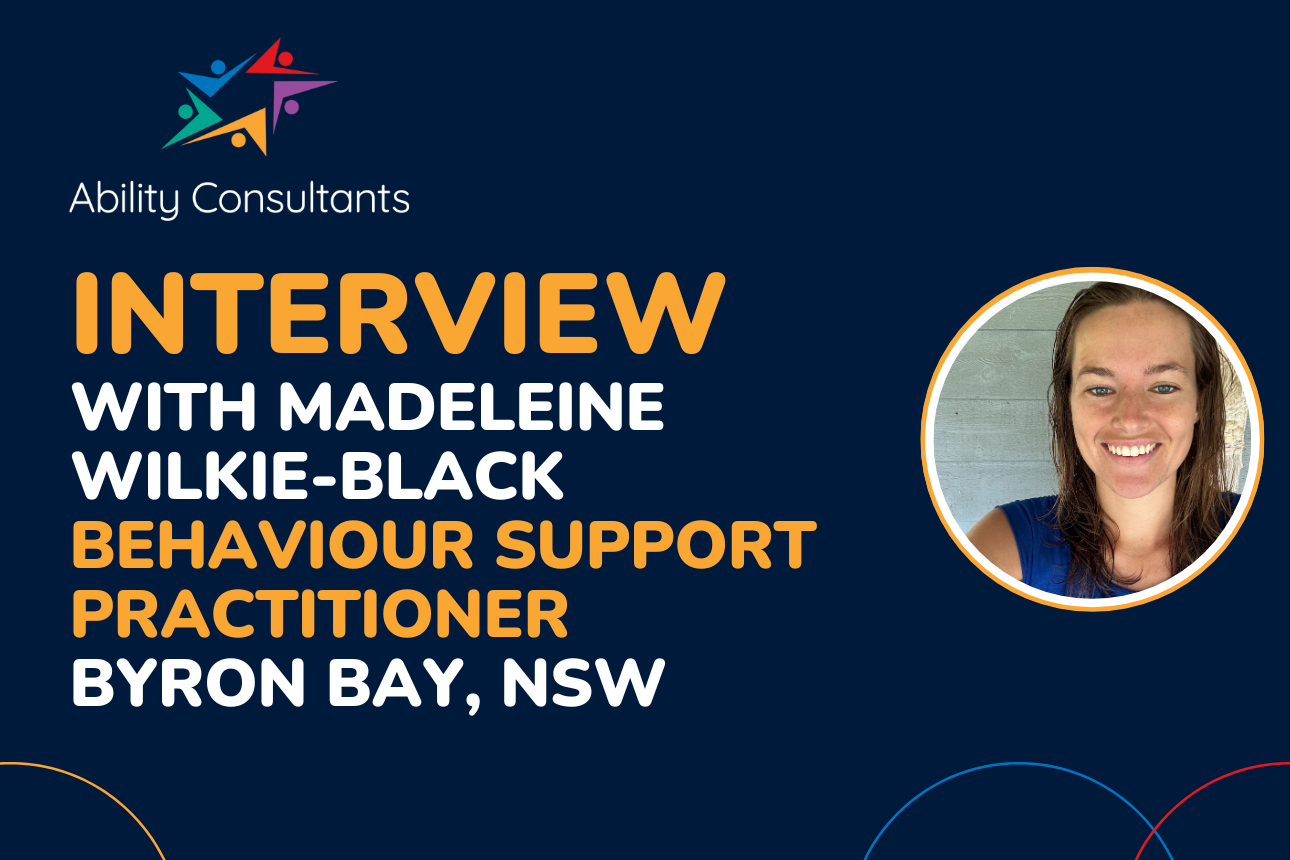
What do you love most about living in Byron Bay?
I love being close to nature, and living somewhere that allows for a slower pace and presence in daily life. I love the sense of community here, the vibrancy, the farmers markets, sunshine, creativity, and the way people value connection and living fully.
You graduated with a Bachelor of Arts (Psychology/Philosophy) and Graduate Diploma of Psychology (Advanced). What inspired you to pursue a career in Positive Behaviour Support?
I’ve always been fascinated by the human experience — the way our life experiences shape us, and how this is expressed through our behaviours, relationships, and the way we experience the world. I care deeply about people and have always known I wanted to work in a role that supports others to live more fully and meaningfully. I love discovering the communication and unmet needs that lie beneath behaviours, and I’m inspired by the way the right support can completely change someone’s experience of life.
About Positive Behaviour Support and its impact
How can Positive Behaviour Support improve a person’s quality of life and overall wellbeing? Can you provide an example?
Positive Behaviour Support (PBS) is about understanding the why behind behaviour — seeing behaviour as a form of communication rather than a problem to fix. When we identify what a person is communicating through their behaviour and address those underlying needs, we can support them to have safer, more meaningful, and connected lives.
By focusing on quality of life, things like choice, autonomy, relationships, and participation, PBS empowers people to thrive in their own way. For example, I supported a participant who often withdrew from the community due to social anxiety and paranoia. We worked gradually and collaboratively, starting with short, predictable outings at quiet times, using strategies like wearing sunglasses. As their confidence grew, we began increasing the duration and variety of activities. Over time, the participant began engaging more socially and even joined a local coffee group, something that had once felt completely out of reach. These small, supported steps made a big difference to their sense of safety, independence and quality of life.
What can NDIS participants in Byron Bay expect from you as their behaviour support practitioner?
Participants can expect me to bring genuine care, compassion, curiosity, and respect into every interaction. I take time to build trust and to understand each person’s world, including their preferences, communication style, and what truly matters to them.
My approach is collaborative and practical: I work alongside participants, families, and support teams to create strategies that feel realistic, compassionate, and empowering.
What does it mean to be trauma-informed and person-centred? What does this look like in Positive Behaviour Support?
Being trauma-informed means recognising that past experiences can deeply influence a person’s emotions, behaviours, and sense of safety. It’s about creating environments and relationships where people feel safe, respected, and in control.
Being person-centred means placing the individual, including their voice, choices, and values, at the heart of everything we do. In PBS, this means co-developing plans with the person and their support network, rather than for them.
In practice, this might look like: slowing down when someone is overwhelmed, offering choices instead of instructions, and focusing on strengths rather than deficits. It’s about supporting healing and growth through empathy, safety, and genuine connection.

NDIS providers and Positive Behaviour Support in Byron Bay
Tell us about the NDIS community in Byron Bay?
The NDIS community in Byron Bay and the broader Northern Rivers is incredibly heart-driven and community-oriented. There’s a strong culture of collaboration between providers, families, and participants, which creates a supportive network of care.
There’s also a beautiful focus on holistic wellbeing — many people value creativity, connection with nature, and alternative approaches to health. This openness creates great opportunities for innovative and person-centred support that honours the individuality of each participant.
Where do you provide Positive Behaviour Support in Byron Bay?
I’m based in Byron Bay and provide Behaviour Support across the Northern Rivers region, generally within about an hour’s drive from Byron. I also offer telePBS sessions for participants who prefer remote support or live further away, ensuring flexibility and accessibility for everyone.
How do you connect with or collaborate with other NDIS providers in Byron Bay and how does this benefit the participants you support?
Collaboration is such a key part of effective Positive Behaviour Support. I regularly connect with Support Coordinators, Allied Health professionals, and support workers to ensure everyone is working together towards shared goals. Other providers often play an important role in the assessment process, as their insights help build a fuller understanding of a person’s strengths, needs, and daily experiences. I include recommendations in reports when additional supports may be beneficial, such as occupational therapy, psychology, or speech therapy, to ensure the person receives holistic and coordinated care.
Open communication across the team creates consistency and stability for participants, helping them feel safe, understood, and supported. When everyone shares information and aligns their approaches, we can respond more effectively to a person’s needs, celebrate progress together, and build a stronger, more empowering support network.
Positive Behaviour Support in Byron Bay
Get started with Positive Behaviour Support in Byron Bay by making an online referral on our website.
Frequently Asked Questions about Positive Behaviour Support in Byron Bay
Where can I find Positive Behaviour Support in Byron Bay? We support NDIS participants with person-centred Positive Behaviour Support in Byron Bay, NSW. We also support NDIS participants throughout the Northern Rivers, including Mullumbimby, Lismore, Ballina and surrounds.
What is Positive Behaviour Support (PBS)? Positive Behaviour Support transforms quality of life by building new support strategies, skills and behaviours to meet your needs and goals. Click here to watch a video explaining Positive Behaviour Support.
What is an NDIS behaviour support plan? A Positive Behaviour Support Plan (PBSP) is a document developed to improve a person’s quality of life. Click here to find out what’s in a behaviour support plan, who’s involved and what to expect from your PBS plan.
Which NDIS funds can I use for Positive Behaviour Support? Positive Behaviour Support has its own funding category in the Capacity Building budget. If you can’t see behaviour support funding in your NDIS plan, it is still possible to access Positive Behaviour Support. Click here to view further information about NDIS plans and behaviour support.
How do I get started with Positive Behaviour Support in Byron Bay? Make an online referral anytime. Anyone can make a referral, including NDIS participants and members of their support team such as parents, doctors, teachers or allied health professionals (occupational therapists, speech therapists, psychologists etc).
Where can I find more information about behaviour support in Byron Bay? If you have any questions about Positive Behaviour Support in the Northern Rivers, please feel welcome to call our team on 1300 694 625 or send a message to our team using our contact form.

